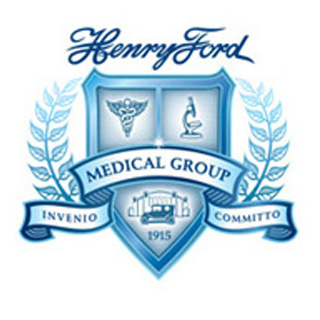
By means of an administrative data from over 67,000 Henry Ford Health System patients, physicians discovered that over the period from 1997-2008, roughly 0.6% patients suffering from hepatitis C infection apparently contracted kidney cancer while just 0.3% patients devoid of the disease developed kidney cancer. After controlling for age, gender, race and underlying kidney disease, hepatitis C infected patients almost had twice the threat of suffering from kidney cancer.
Stuart C. Gordon, M.D., director of Hepatology at Henry Ford Hospital and lead author of the study, commented, “These results add to growing literature that shows that the hepatitis C virus causes disease that extends beyond the liver, and in fact most of our HCV-infected kidney cancer patients had only minimal liver damage.â€
Dr. Gordon clarified that the outcomes appeared to propose a more cautious watch of the newly detected kidney cancer patients for the attendance of hepatitis C infection. He mentioned that it may be early to advise more extensive screening of HCV-positive patients.
Nevertheless, a heightened awareness of an augmented kidney cancer risk ought to dictate more careful follow-up of subsidiary renal defects when diagnosed on imaging procedures in patients suffering from chronic hepatitis C. The experts also discovered that the average age of HCV-positive patients with kidney cancer appeared to be considerably younger as compared to those HCV-negative patients with kidney cancer.
Dr. Gordon remarked that hepatitis C is said to be curable in over 50 percent of cases and that newer and superior treatment regimens are supposedly being created.
The study was published in Cancer Epidemiology, Biomarkers & Prevention, a journal of the American Association for Cancer Research.
